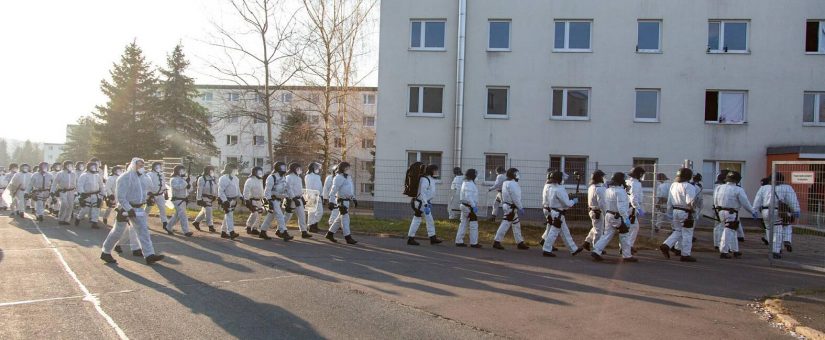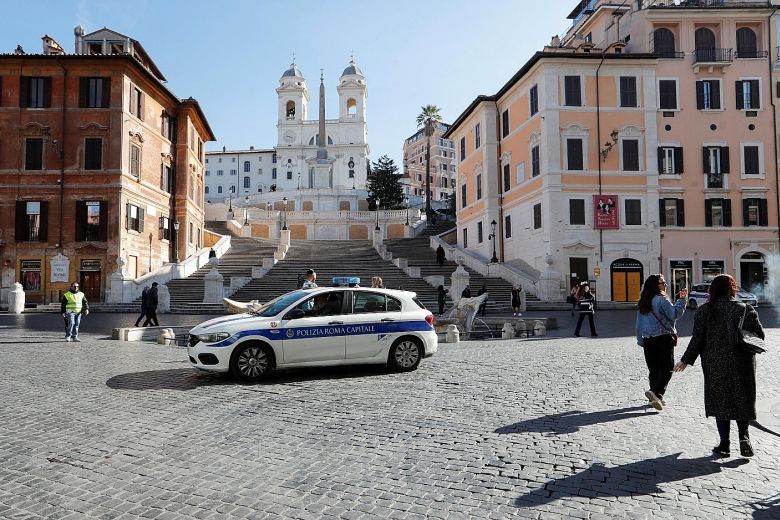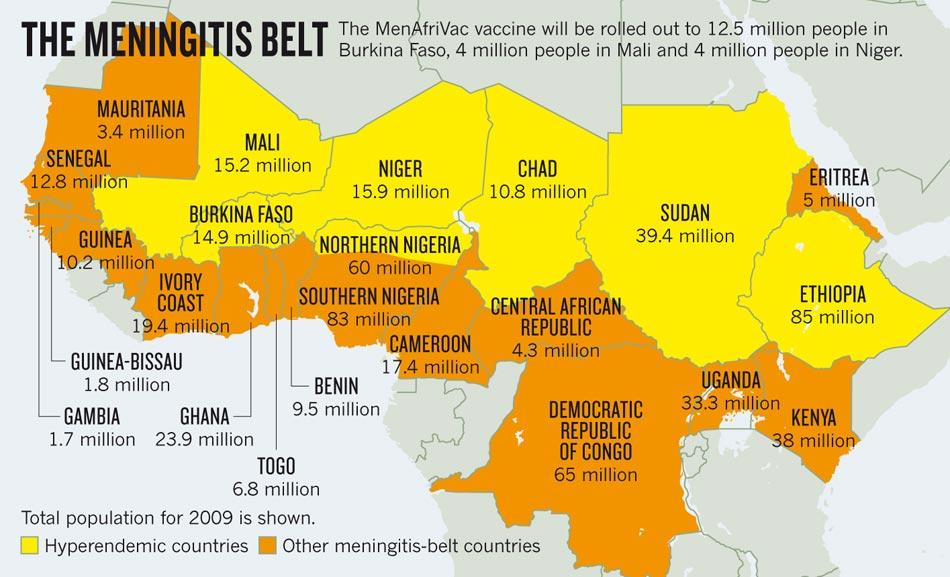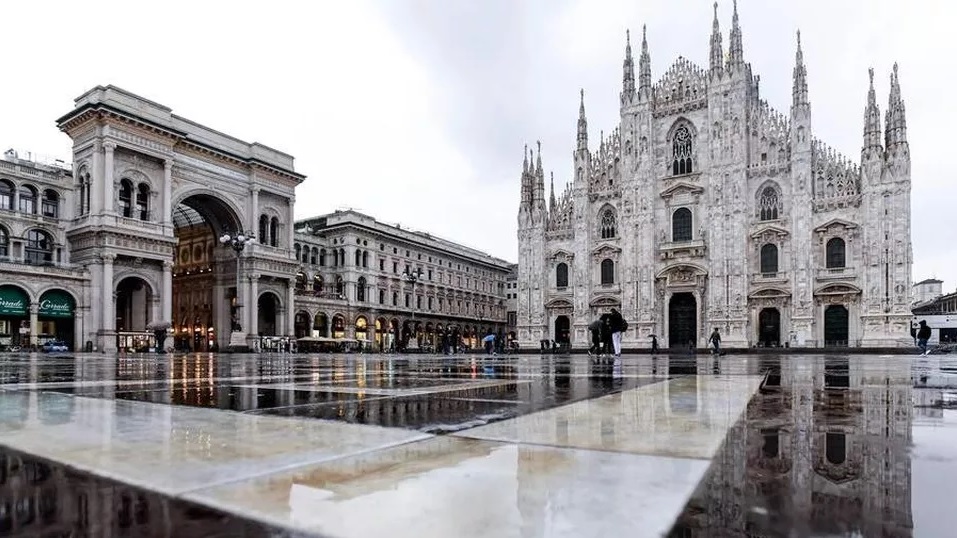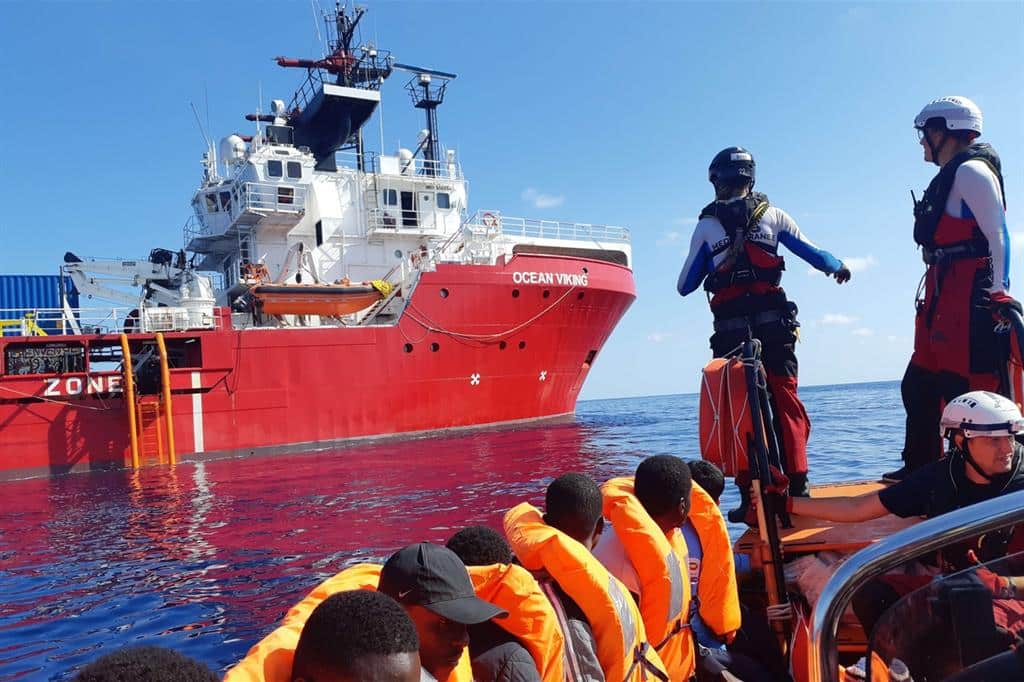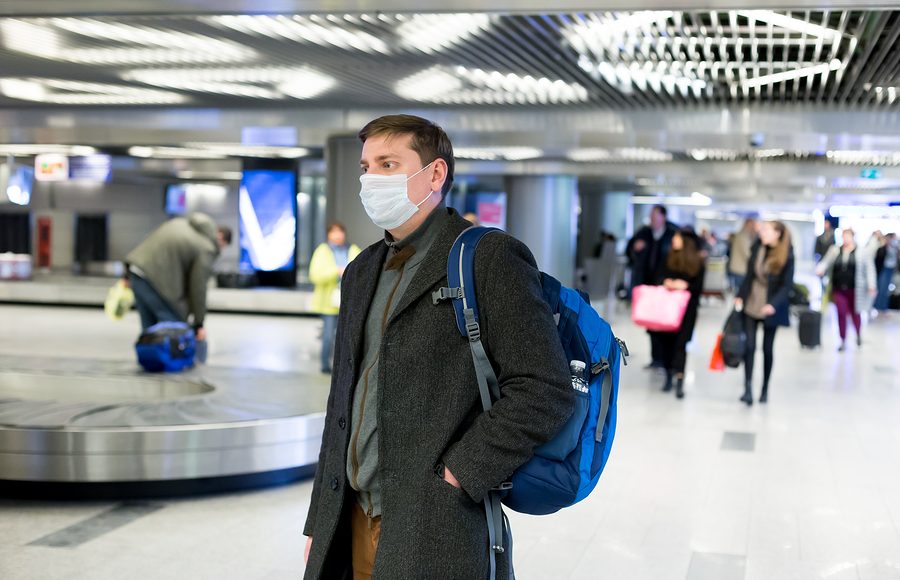By Enza Ferreri
This article was published here: Italy. Double Coronavirus-Conspiracy Twist from Space
Colonel Luca Parmitano, Italian Air Force officer with 25 years of service and 6 space missions behind him, engineer and astronaut of the European Astronaut Corps for the European Space Agency (ESA) since 2009, said he was aware of the pandemic danger posed by the new coronavirus as early as November. Parmitano, who is the commander of the International Space Station (ISS) since 2 October 2019, stated in a 25 April interview:
I already knew since November while I was in space. On board we have a daily connection with the events on Earth, we also have access to the internet and as early as November we had started to follow the first infections, initially only in Asian countries, then after my return the first contagions in Europe.A couple of weeks later, in a second interview, Colonel Parmitano confirmed what he had already revealed:
Already in November we were aware of this probable pandemic and above all its seriousness that was spreading like wildfire in Europe just before my return.These declarations have started a number of speculations, casting doubts and shadows on Italy's Prime Minister Giuseppe Conte (pictured above with Trump): how is it possible, then, that Giuseppe Conte, who also has privileged access to secret services' intelligence, knew nothing about it?
David Rossi on defenseonline.it posed this rhetorical question, explaining that the Prime Minister in November couldn't possibly know less than the ISS commander.
How, therefore, did Mr Conte find himself so unprepared, even though he knew of the epidemic over three months before the moment it erupted in Italy? Why has he not taken precautionary measures, such as subjecting the soldiers who participated in the Wuhan games on 18-27 October to a medical examination? If he did, what were the results? If he didn't, why not?
All this fuelled in Italy the conspiracy theories - which, despite the common narrative that wants them to be fruit of mad or evil imagination, like all theories may be good or bad, true or untrue until further investigation - that knowledge of the coronavirus threat was kept secret.
Fast forward to the 25 May, when the ESA Italia Twitter account posted a "clarification by ESA astronaut @astro_luca regarding the recent media reports concerning him". In it Parmitano admitted to an error in his time reporting, due to the fact that on board the ISS they don't use a calendar. So, he confused months and what he thought was November was in fact February.
Immediately all the "fact-checking" websites, conspiracy-theory hunters and the general Left-wing brigade screamed: "Fake news!".
Not so fast. David Rossi on Difesaonline again pointed out something that didn't seem right in this explanation, for example:
Since 1965 Omega, now owned by the Swatch Group, has put on the wrist of astronauts in human participation missions the masterpieces of Swiss watchmaking excellence. One of them is the Speedmaster Skywalker X-33, especially designed for space explorers and tested and qualified by the European Space Agency (ESA).Add to it that, while it's relatively easy to confuse days, it's much more difficult to confuse months; that he posted on Facebook as many as 35 times in November and 41 in December and it's hard to believe he never once noticed the date; that through all this there were the Christmas holidays, if he needed a reminder of the period of the year. Add all this, and the plot thickens.
It was developed to satisfy those who, like astronauts, use special functions such as: three different time zones, chronograph, timer, MET (Mission Elapsed Time), PET (Phase Elapsed Time), three alarm clocks and, last but not least, the perpetual calendar. The watch is clearly visible on the wrist of Colonel Luca Parmitano on the occasion of at least three interviews from space during the Expedition 61 mission.
The officer, however, in the ESA release (see link) states that "on board the ISS we do not use the calendar, but the Coordinated Universal Time (UTC). The year starts with day 1 and ends with day 365, and events are performed according to this schedule. Consequently, it is possible to confuse one month with another since we never refer to it, but we use the UTC day". Does it mean that he never looked and did not use the functions of his watch developed specifically for the needs of astronauts?
Colonel Luca Parmitano then says that on board the ISS he had access to "news agencies and large television networks". Did he really never notice that these brought him the news by indicating, in a corner, so-to-speak terrestrial dates and times, allowing him at every broadcast to easily link events to specific months?
David Rossi again:
How can one forget the wishes for a Happy Christmas and the thoughts "for those who are away from their family", expressed on board the ISS just before the Festivity? And the greeting video call to the singer Jovanotti at the end of December? And before that, didn't he get excited when talking to a big star like Paul McCartney in early December?
Maybe he did not get excited but surely he was proud when, at the beginning of NOVEMBER, he had a contact with our President who is also someone from his same region [Sicily], Sergio Mattarella?
SOURCES AND PHOTO CREDIT
Libero Quotidiano
Difesaonline: Is It Possible Conte Didn't Know?
Too Many Things Don't Seem Right
Services Warned USA, NATO Allies and Israel


